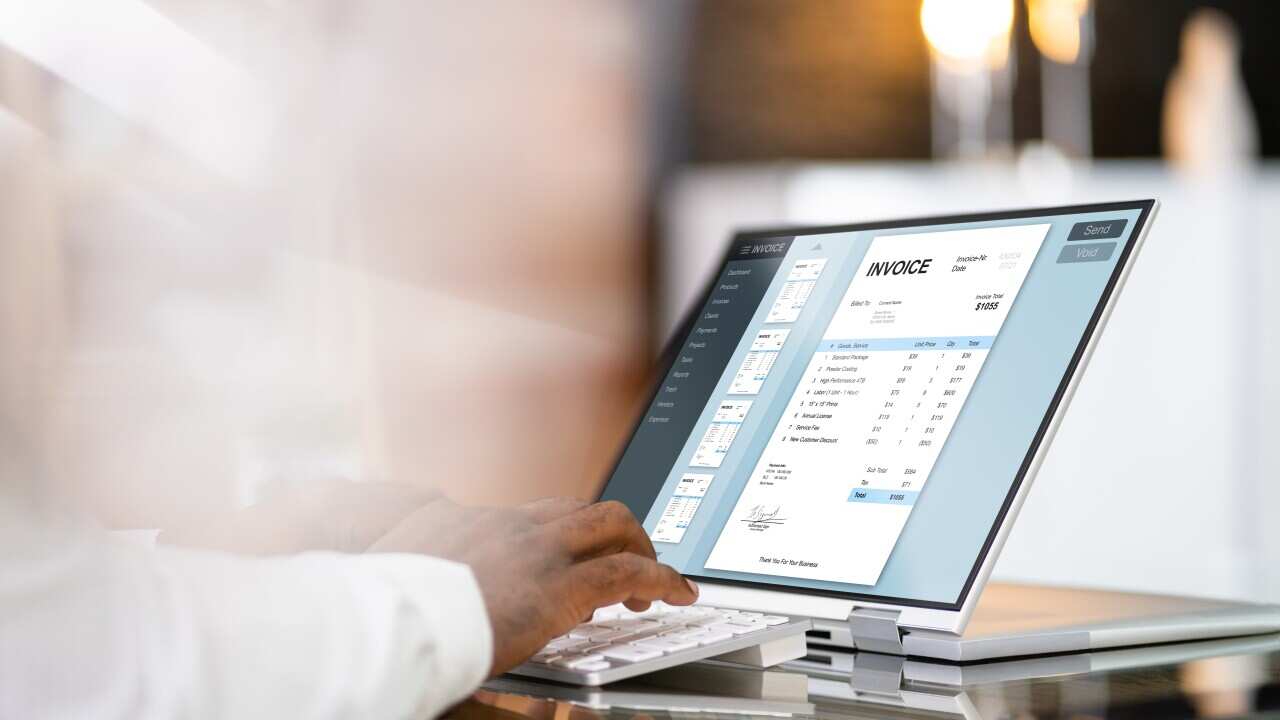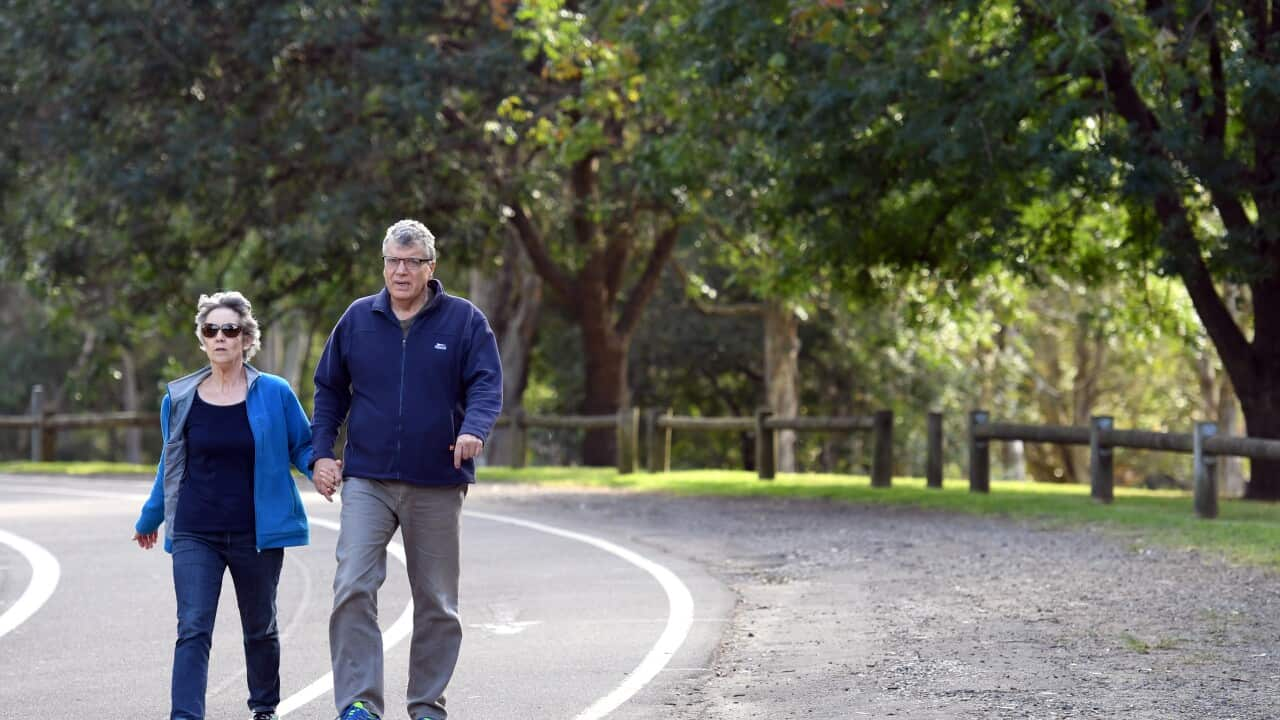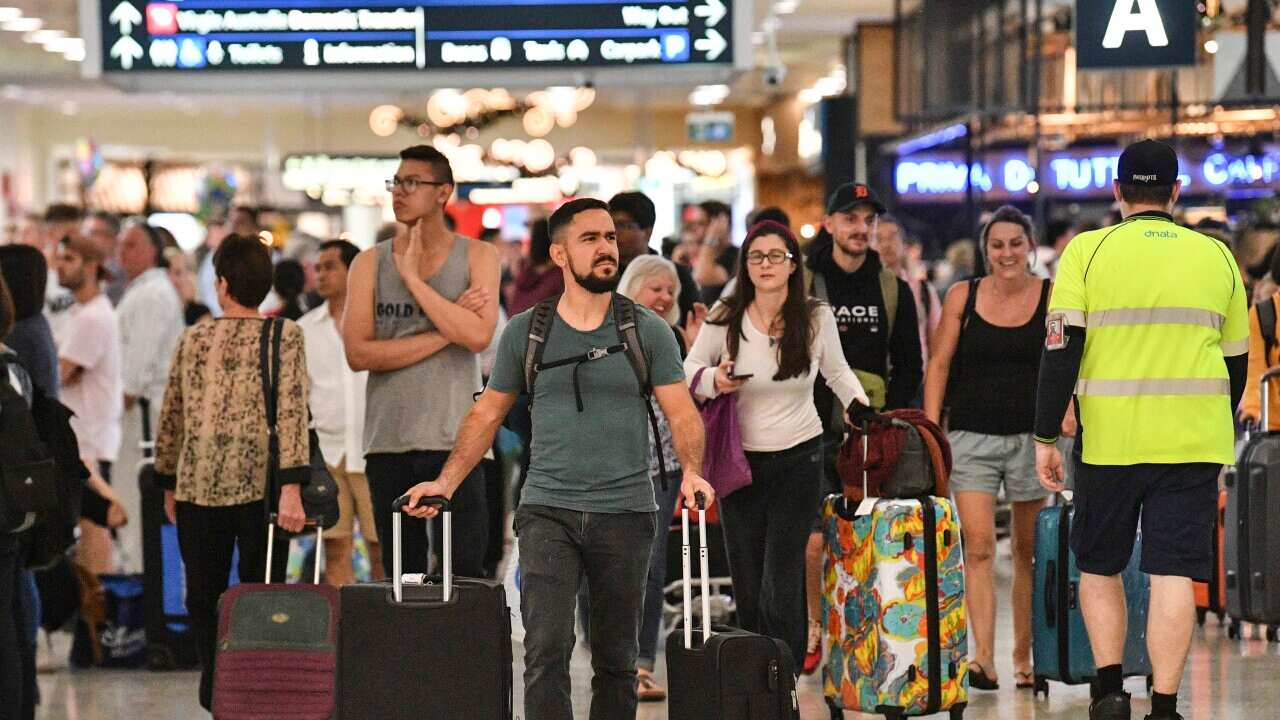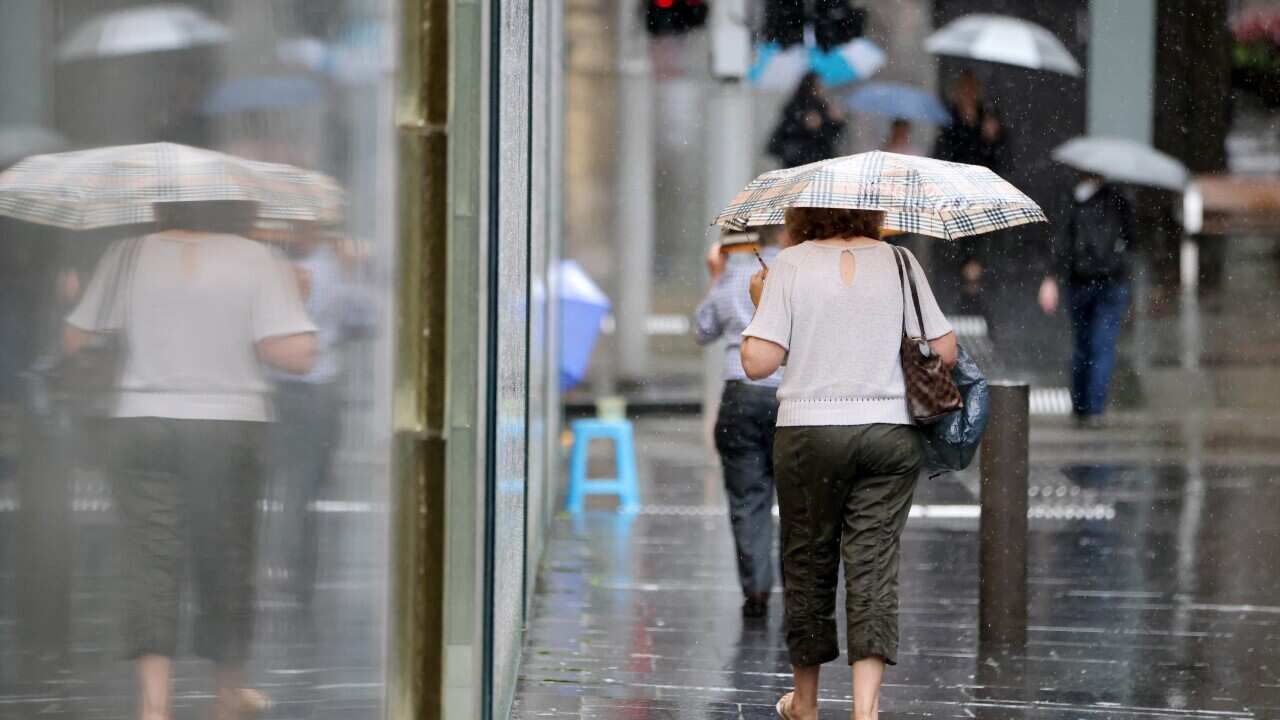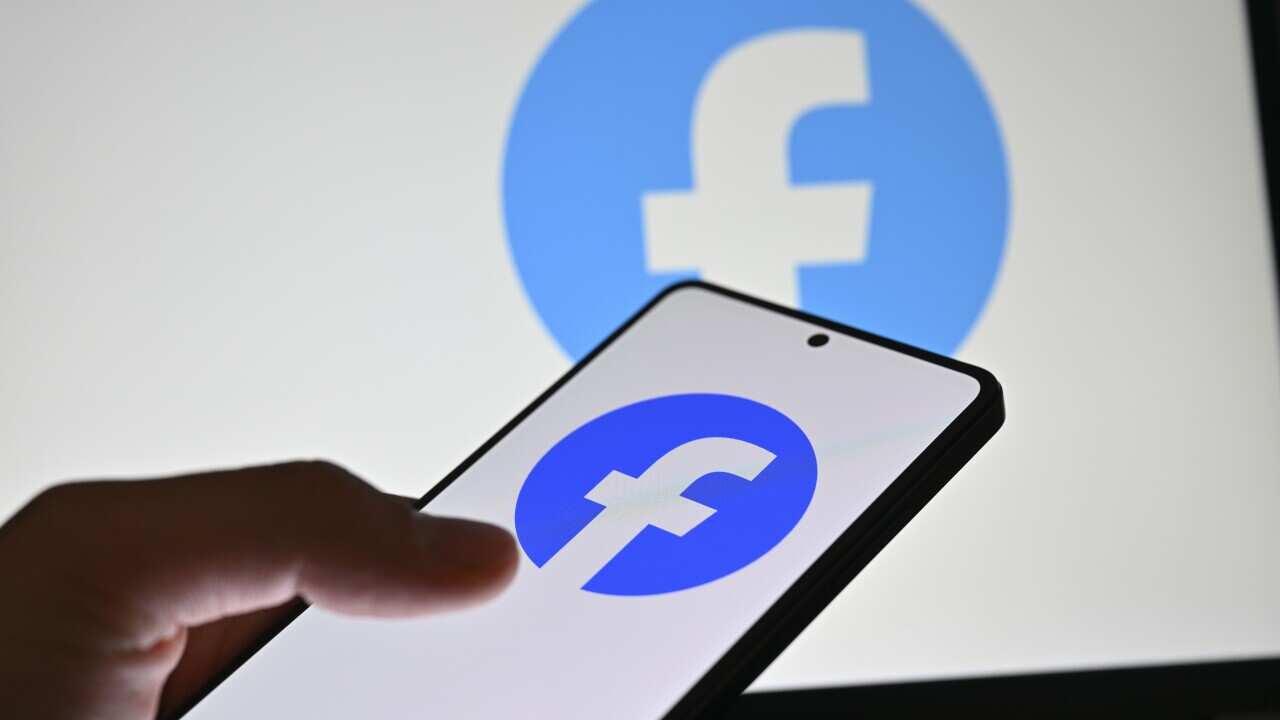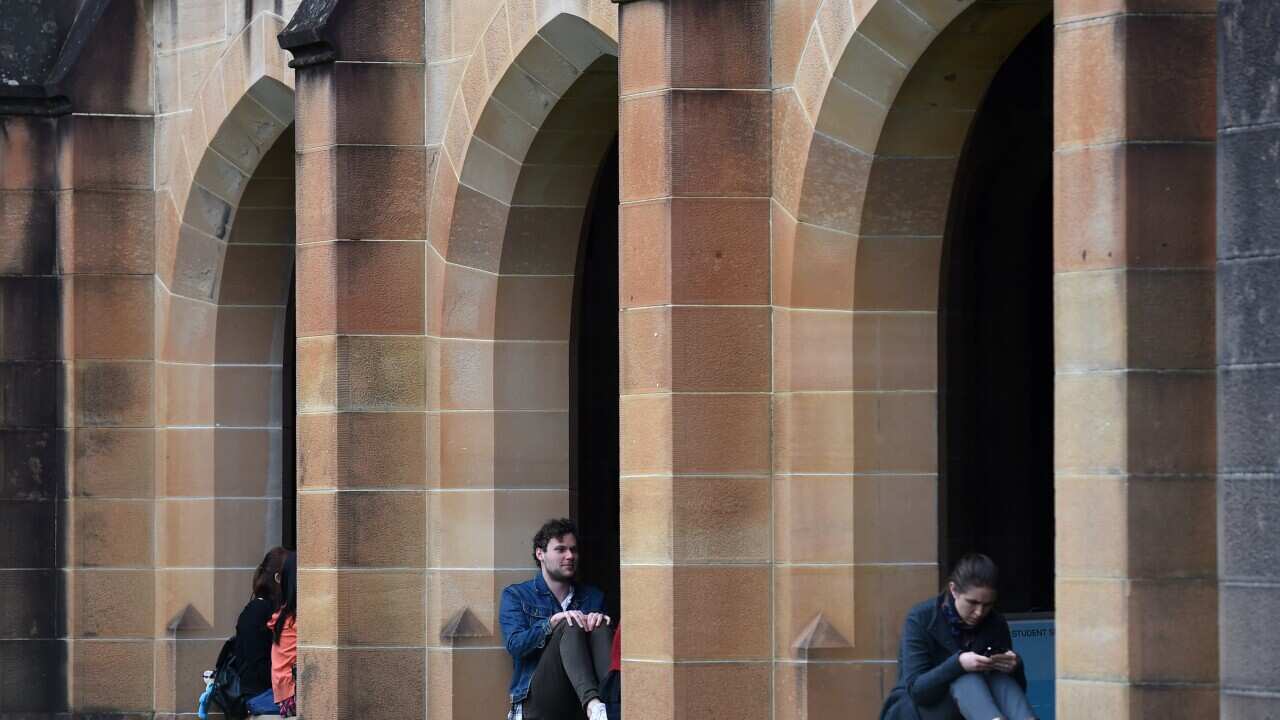As Melbourne deals with a Stage 4 lockdown and Australia continues to battle the coronavirus pandemic, there are signs some people are struggling to cope.
There has been a 33 per cent increase in young people presenting to emergency departments with intentional self-harm over the past six weeks, according to the Victorian government, compared to the same period last year.
Mental health support service Beyond Blue says two-thirds of all calls to its COVID-19 helpline have been from Victoria and it has seen a 66 per cent jump in the number of calls compared to 2019.
The worrying increase has led the Victorian government to announce $60 million of funding to boost capacity at hospital and in-community mental health facilities around the state, on top of $130 million announced since March and an additional $12 million given by the federal government last week to support Victorians.
With so much talk of more support becoming available, we put your questions (and some of our own) to health experts.
I want to talk to someone about my mental health - where do I begin?
Grant Blashki, lead clinical advisor for Beyond Blue, says a good place to start is the as it would be able to point you in the right direction of suitable online or over-the-phone resources.
A range of online resources is also available on the government's , which collates a range of online support services in one place.
"Another good place to start is your local GP who usually has a good sense of the local mental health resources," Dr Blashki said. "And fortunately at the moment, many GPs are offering their services on telehealth during the pandemic - these are bulk billed on telehealth."
Will an appointment with a psychologist be bulk billed?
Seeing a psychologist comes under the federal Medicare system. Medicare provides a subsidy of $124.50 for a 50-minute session with a clinical psychologist and $87.50 for a psychologist, though many charge more than that subsidy.
Dr Blashki says rates need to be discussed between the patient and the psychologist. “Psychologists all determine what they charge, some do bulk bill but you have to ask, while others charge and then you get some of the rebate back from Medicare," he said.
“Psychologists all determine what they charge, some do bulk bill but you have to ask, while others charge and then you get some of the rebate back from Medicare," he said.

Man with mask looking out of window Source: Getty Images
"A lot of psychologists charge more than the subsidy and then you just get a gap between the rebate and the fee."
How many sessions can I see my psychologist for?
Under the traditional system, you get access to the Medicare rebated sessions by getting a Mental Health Care Plan from your doctor. They are allowed to grant you six sessions initially, then after a review can grant you a further four sessions.
But in recent weeks, the federal government has announced changes meaning those living in the locked-down areas of metropolitan Melbourne can have an additional 10 sessions, bringing the total to 20 sessions for the calendar year.
“As a GP I think it’s a great initiative because a lot my patients are rationing their sessions so they don’t run out. I’m much happier for my patients to be seeing their psychologist regularly during this difficult time,” Dr Blashki said.
How long do I need to wait to see a psychologist?
Some social media users in Australia have reported wait times of up to four months to get in to see a psychologist.
Professor Jayashri Kulkarni, director of the Monash Alfred Psychiatry Research Centre, said wait times vary a lot between psychologists, but that many did have long waitlists.
“Now people are allowed a further 10 sessions, people will stay longer with their psychologist and that will block new places for those new patients to see that same psychologist. People will be able to get better care, but it may block new people,” she said.
What private options are available?
Many psychologists and psychiatrists operate privately and may have shorter waiting times than the public system.
Dr Blashki said the cost varies depending on the psychologist or psychiatrist.
"The cost of seeing a psychologist is variable as many charge above the rebate, so this is something worth discussing in advance. For more severe mental health problems, a psychiatrist consultation will be subsidised by Medicare but, again, the overall fee is often higher than the rebate so this is worth checking in advance," he said.
What do I do if I don’t have Medicare?
Professor Kulkarni said the situation for many temporary visa holders who do not have access to Medicare is difficult and often depends on the goodwill of hospitals.
“It really becomes an arrangement with hospitals. There are deals that are done within hospitals to let people on temporary visas have care. I’ve also been involved in cases in the past in which the Red Cross have intervened to enable care,” she said.
“But it is difficult, really difficult. Some GPs will see the patient, others will not.”
What if I can’t afford to pay for help?
For those who do have Medicare but can’t afford to pay the gap between the rebate and the psychologist fee, Professor Kulkarni said it was a matter of shopping around to find a bulk billing psychologist.
As for hospital admissions, there is no gap for anyone with Medicare.
What support is available for those living in aged care facilities?
Professor Kulkarni said for those living in aged care facilities, the full range of public and private health care options were available but said as a society we didn’t do well at focusing on the needs of the elderly.
“We are really worried because the aged have no voice, as it were. You don’t hear in the announcements about targeting aged care people, it's as if we aren’t really looking after them,” she said.
“And they have a higher degree of legitimate anxiety because the death rate for coronavirus is so much higher in the elderly.”
What other support is on offer?
The Victorian government’s new package includes the extending of opening hours for community mental health services, more money for the youth mental health group Headspace to do outreach work, and more mental health hospital beds for those in acute need.
Dr Blashki also recommended Beyond Blue’s 24-hour hotline.

Young woman wearing medical mask,standing near the window with smart phone Source: Getty Images
Is help available in languages other than English?
Professor Kulkarni says while there are many counsellors and non-clinically trained psychologists who work in various language and community groups, those looking for a higher level of care may find it difficult to find support in languages other than English.
She said there are a limited number of psychologists and psychiatrists who speak languages other than English, but that accessing care depends on what language you speak.
The Beyond Blue website has resources translated into 64 different languages and translation services are available for those wanting to seek help over the phone.
Interpreters are also available through some telehealth services.
What are some general tips for good mental health during the pandemic?
Dr Blanshki says even if you have lost work and are unemployed it is important to maintain a routine.
“It’s totally understandable and normal to be feeling stressed at the moment. Try and keep your sleep-wake cycle normal, that means don’t stay up all night watching internet movies, try and get some exercise every day and try and get some sun on your face if you can,” he said.
He added that curating and limiting your social media is important as well.
“It’s very easy to fall into the whirlpool of doom and gloom, but because this is going on for months, try and make a time, 15 or 20 minutes, where you look at the news. You don’t need a blow by blow description of what’s going on,” he said.
“Also try and immerse yourself in some feel-good movies or activities that give you pleasure at the moment because it’s a pretty tough time.”
Readers seeking support and information about suicide prevention can contact on 13 11 14, on 1300 659 467 and on 1800 55 1800 (up to age 25).
***
Metropolitan Melbourne residents are subject to Stage 4 restrictions and must comply with a curfew between the hours of 8pm and 5am.
During the curfew, people in Melbourne can only leave their house for work, and essential health, care or safety reasons. Between 5am and 8pm, people in Melbourne can leave the home for exercise, to shop for necessary goods and services, for work, for health care, or to care for a sick or elderly relative.
All Victorians must wear a face covering when they leave home, no matter where they live.
***
People in Australia must stay at least 1.5 metres away from others. Check your state’s restrictions on gathering limits.
If you are experiencing cold or flu symptoms, stay home and arrange a test by calling your doctor or contact the Coronavirus Health Information Hotline on 1800 020 080.
Clarification: This article has been amended to clarify the $124.50 rebate is for a clinical psychologist.



